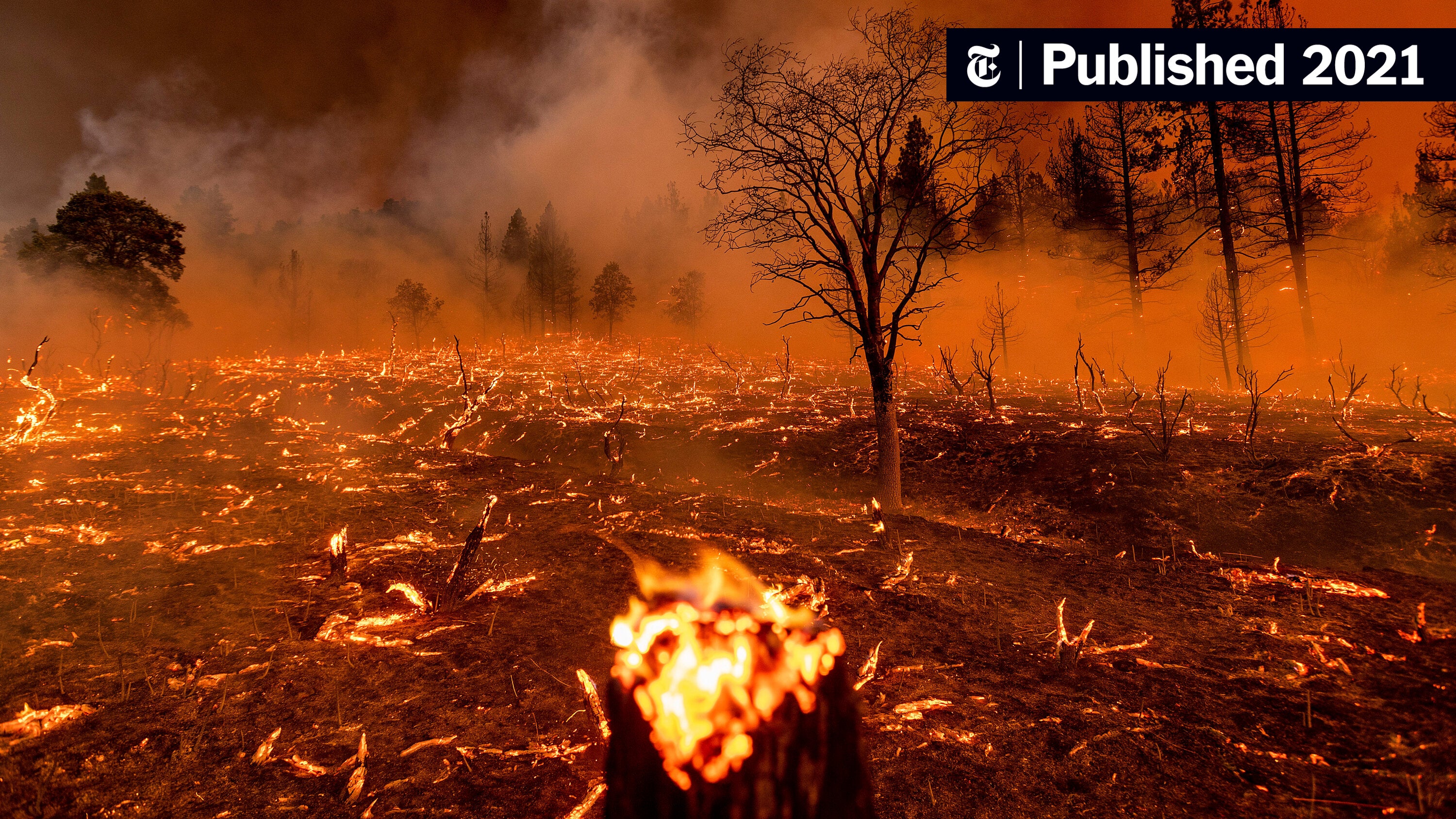The Ethics Of Betting On Natural Disasters: The Los Angeles Wildfires Example

Table of Contents
- The Insensitivity of Disaster Betting
- Profiting from Suffering
- The Problem of Prediction and Information Asymmetry
- Arguments in Favor of Disaster Betting (with Counterarguments)
- The "Free Market" Argument
- The Potential for Disaster Relief Funding
- The Los Angeles Wildfires: A Case Study
- The Scale of Devastation
- The Implications of Betting in This Context
- Public Perception and Reaction
- Conclusion
The Insensitivity of Disaster Betting
The ethical argument against betting on natural disasters is overwhelmingly strong. The very act is inherently insensitive and morally questionable.
Profiting from Suffering
The most significant objection centers on profiting from immense human suffering and loss. Betting on natural disasters trivializes the tragedy, showing a profound disrespect for victims and their families. Consider the following:
- Examples of Specific Losses: The Los Angeles wildfires have resulted in countless instances of homelessness, the loss of irreplaceable possessions, and significant economic hardship for countless individuals and families. Lives were lost, businesses destroyed, and entire communities shattered.
- Psychological Impact on Victims: The psychological toll on survivors is immense. Trauma, grief, and anxiety are lasting consequences of such events, adding another layer of suffering to the already devastating physical losses. Betting on these tragedies further compounds this emotional burden.
- Comparison to Other Events: Contrast this with betting on sporting events or other forms of entertainment. While these activities involve competition and risk, they lack the profound human cost associated with natural disasters. The moral implications are simply incomparable.
The Problem of Prediction and Information Asymmetry
Another serious ethical concern arises from the potential for exploitation due to unequal access to information. Individuals or organizations with privileged access to advanced weather forecasting, geological data, or other crucial information could unfairly profit from their knowledge.
- Examples of Privileged Information: Access to real-time satellite imagery, sophisticated predictive models not available to the public, or insider information from emergency services could significantly influence betting outcomes.
- Fairness and Transparency: The fairness and transparency of disaster betting markets are highly questionable. Such markets would inherently favor those with privileged information, creating an uneven playing field and potentially perpetuating social inequalities.
- Ethical Responsibility of Betting Platforms: Betting platforms have a moral obligation to prevent the exploitation of vulnerable populations and to ensure fair and transparent practices. Facilitating bets on natural disasters directly contradicts this responsibility.
Arguments in Favor of Disaster Betting (with Counterarguments)
While the ethical objections to disaster betting are substantial, some attempt to justify it. However, these arguments ultimately fail to outweigh the moral concerns.
The "Free Market" Argument
Some argue that betting is a free market activity, and restricting it infringes on individual liberty. However, this argument ignores the significant social costs and ethical considerations at play.
- Counterarguments: The potential for exploitation, the insensitivity involved, and the overall harm caused to victims and society far outweigh the principle of individual liberty in this specific context.
- Examples of Regulated Markets: Many markets are regulated for ethical reasons, such as the trade in weapons or controlled substances. These limitations demonstrate that the "free market" principle is not absolute and yields to higher ethical considerations.
The Potential for Disaster Relief Funding
Proponents suggest that profits from disaster betting could be redirected toward disaster relief efforts. However, this argument is fundamentally flawed.
- Counterarguments: The reliability of such an approach is highly questionable. There's a risk of misappropriation of funds, and the fundamental ethical issue remains: profiting from the disaster in the first place is morally problematic.
- Better Alternatives: There are far more ethical and reliable methods for generating funds for disaster relief, such as charitable donations, government aid, and fundraising campaigns.
The Los Angeles Wildfires: A Case Study
The devastating Los Angeles wildfires serve as a compelling case study to illustrate the ethical issues at hand.
The Scale of Devastation
The wildfires caused widespread destruction, resulting in significant loss of life, the displacement of thousands, and extensive environmental damage. The scale of devastation makes betting on such events particularly reprehensible.
The Implications of Betting in This Context
Imagining individuals profiting from the suffering caused by the Los Angeles wildfires highlights the cruelty and moral bankruptcy inherent in disaster betting. The human cost was immense, and profiting from it is profoundly unethical.
Public Perception and Reaction
Public reaction to betting on the Los Angeles wildfires would likely be overwhelmingly negative. The widespread devastation and human suffering would make such activities seem deeply insensitive and exploitative.
Conclusion
Betting on natural disasters, particularly events like the Los Angeles wildfires, is morally reprehensible. Profiteering from human suffering is inherently unethical, and the potential for exploitation through information asymmetry adds another layer of concern. The argument that such betting could fund disaster relief is weak and overshadowed by the significant ethical drawbacks. We need responsible regulation and a heightened awareness of the ethical implications within the gambling industry. Let's move forward with a broader conversation about the ethics of disaster betting and the need for greater public awareness, challenging the very notion of betting on such catastrophes. Is it truly justifiable to bet on any natural disaster, regardless of scale? We must demand better from the gambling industry and advocate for responsible practices that prioritize human dignity and compassion over profit.

 Renaults Us Dream Crushed The Impact Of Trumps Auto Tariffs
Renaults Us Dream Crushed The Impact Of Trumps Auto Tariffs
 Kane Double Leads Bayern Munich To Comfortable Win Against Werder Bremen
Kane Double Leads Bayern Munich To Comfortable Win Against Werder Bremen
 Ryujinx Emulators Development Ceases After Nintendo Intervention
Ryujinx Emulators Development Ceases After Nintendo Intervention
 Manalapan Floridas Next Palm Beach The Super Rich Influx
Manalapan Floridas Next Palm Beach The Super Rich Influx
 Ftcs Appeal Against Microsoft Activision Merger Implications For The Gaming Industry
Ftcs Appeal Against Microsoft Activision Merger Implications For The Gaming Industry
